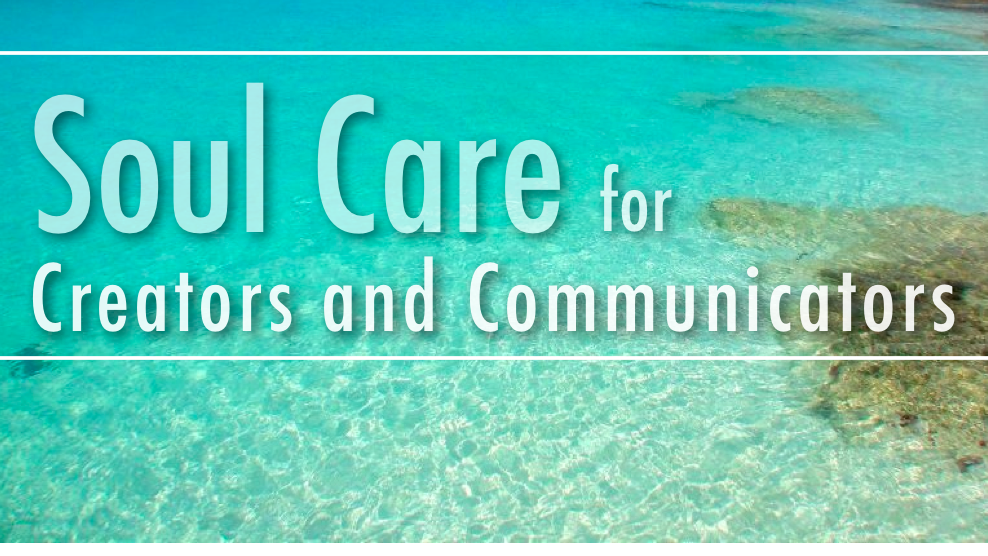Tag: identity
Ben Witherington on the Imago Dei
Continued from my last post…this is Part II of summary of insights I gleaned from the Wesley Forum lecture at Evangelical Seminary, featuring Dr Ben Witherington. He gave us three presentations on the topic of the Imago Dei (image of God).
The 2nd lecture was about the Imago Dei in Jesus.
Here are some snippets I enjoyed:
“charakter” latin
(Yes, it’s the original of our English word “character”).
It refers to the impressionable wax seal used by a king to imprint his royal signet ring.

God’s charakter is manifest in Jesus and includes these qualities:
1. Heir of God, the King
2. Co-Creator
3. Perfect Reflection
4. Exact Imprint
5. He sustains by his word (logos: Jesus was and is the word)
6. Purifies sin
7. Rules over all
Witherington says that Romans 3:23 is better translated as this:
“For all have sinned and lack the glory of God.”
(This verse refers to the effaced but not erased Image of God in humans.)
SALVATION: the behavior & pattern of life.
I was saved.
I am being saved.
I will be saved.
Church is not a collection of individuals.
It’s a family and an identity centered on community, not individuality.
(In ancient times who your daddy was and who your clan was told everyone who you were. Only secondarily was your individual identity noticed (unlike how modern, North Americans experience identity).
The Imago Dei is a royal seal.
We have the imprint.
You embody the word; you become it.
• Jesus gave us the “what” – Great Commandment
LOVE
(The chief imperative is forgiveness and is a Christian distinctive that breaks the cycle of bitterness and violence.)
• Jesus gave us the “how” – Great Commission
(go and tell, and make more like me– which is discipleship)
• Jesus gave us the “goal” – Great Doxology
(praise) Live in the wonder and love of God.
When we pray in Jesus’ name we must always consider this question:
“Would I sign Jesus’ name to this?”
The next post will conclude my notes on the final lecture of Dr Witherington.
You won’t want to miss it!
Do you forget to visit this site sometimes? No problem. Get posts sent straight to your inbox by signing up in the right sidebar (free from Feedburner. Change the setting anytime).
“Power of Image, Play, and Identity”: Thoughts from Len Sweet
This is the last bit of reflection on the Leonard Sweet event hosted by Evangelical Seminary this week. (Here’s the first one in the series. Here is the second post.)
Sweet claims we are living in TGIF times.
Thank God It’s Friday?
No.
Sweet leaves out YouTube which is huge omission. I sense that slipping a V into his acronym wouldn’t be as nifty. (But, I think he’d agree with me that it’s worth inclusion in any assessment of how our current culture learns and is entertained.)
Notice this: All but one of these vehicles of media prominently feature images instead of text. Twitter is driven by 140 text characters (and usually less than that) and this apparently is enough to be radical. Though Twitter is often used for tiny newsy bursts and quotes, tweets tend to include internet links to articles or videos which include visuals.
A new image driven age emerged with televisions in every home in the 1950-1960s. Film? It got super popular and this has never been more true in our current age. Can you think of any other time when you shut off your phone for 3 hours? No. People hate that, but they will sacrifice what that love for something they love even more: Cinema. Nothing solidified the domination of our image age more than the advent of images on the internet. Add to that, the innovative ways of sharing Videos and Images on devices we routinely carry (laptops and smart phones) a major and permanent shift in how we prefer to engage the world occurred. Period.
So what?
Well, we haven’t adjusted, and that is going to really matter. And soon.
Protestants have a substantive Identity crisis because they have lost the story. Disciples have stories: Guiding narratives that set them apart so they don’t have to discover who they are; they can just move forward and be innovative and transformative.
Sweet used the example of Identity in the Jewish culture and ethic group:
• There are about 7 billion people living in the world.
• There are only about 13 million Jews (How much of the world’s population %? is that? Scant.)
• Those with Jewish heritage make up whopping 25% or so of Noble Prizes winners, Oscar winners, Pulitzers, Tonys, and many other commendations for exceptionality in a variety of fields. How can this be?
A bunch of social science research projects tell us that what lies behind the wild success is namely a firmly formed Identity.
By 12 years old they know who they are, where they come from, and they see themselves in the larger Story (by religious imperative and rites actually: it’s mandatory).
• Jewish culture also has many times of “play”, that is, festivals that tell them who they are. The sit around the table speaking about and interrogating the Story also. This creates a solidified Identity for flourishing.
The last tidbit from the Len Sweet event: Play Ethic
In our mad rush to work and do we have forgotten how to play. God was wasn’t working during Creation, he was making mud pies. He was Creating which isn’t work really. He still is. Labor came hit corruption entered the world and things got messed up. Jesus is always at a party or eating or cooking or making food out of thin air. He loves Martha’s cooking, but when caring for Jesus became work he told Martha of a better way. He didn’t want her to work, but to enjoy. “Sit down and let the rest go.”
If ministry is soul-killing, if it’s a heavy burden and labor, you’re doing it wrong. Ministry shouldn’t be [slow] suicide, says Len Sweet. “Worship is the playground of the Spirit.”
So, really the question remains: Will Protestantism stand the test of time? Signs point to “no”. But, critical to its survival and virility is the concept of creating a lasting and potent Identity that starts with a Story well-told.
# # #
Thanks for reading today. Did you enjoy it? If you did like this post or these series, be a friend and share. Okay?
The next post is a surprise. Come back soon (or sign up in the side for for the update).
xo
-Lisa
NOW Available: All 5 Volumes for Creators and Communicators
The whole collection of 5 Volumes is here on KINDLE.
(For a brief description click the volume number)
Volume 1: What is the Soul? & What is Soul Care?
Volume 2: Identity and Belonging
Volume 3: The 8 Paths of Learning
Volume 4: Slumps, Burnout, and Frustration
Volume 5: God’s Grand Story (I saved the best for last)
Enter the proverbial vehicle analogy:
When a car runs out of gas it doesn’t mean the car is abnormal, it just means that it needs the maintenance of being filled up regularly. Your “soul tank” empties out too. This Series gives you what you need to be a healthy and joyful message-bearer.

Here’s a video introduction to Volume 5, with a whimsical homage to author and influencer, Donald Miller.
If you have any problems with ordering, let me know!



